In a recent report by the non-profit analytical organization AI Forensics, it has been revealed that a known network has been conducting pro-Russian propaganda on Meta platforms (Facebook, Instagram, Messenger, and Threads) targeting the European Union elections in France and Germany.
According to AI Forensics, over the past six months, this activity has reached over 38 million accounts, with the majority of the ads not promptly identified by Meta as political advertisements. The report, titled “No Ban in Sight: Meta Allowing Pro-Russian Propaganda Ads to Sweep Through EU,” was released on April 17, 2024, highlighting the tech giant Meta’s shortcomings in dealing with false and misleading information on its platform.
The analysis estimates that the majority of political advertisements published by Meta have not been labeled as such. In the 16 EU countries covered in the report, 66% of political ads were not declared as political, with only less than 5% being reviewed by Meta as political ads. This has led to a significant number of unchecked political ads, some of which originate from malicious actors attempting to influence European voters.
Additionally, AI Forensics believes that Meta’s content moderation is often inconsistent with its policies. Researchers noted, “In ads not declared as political that are later reviewed as political, 60% of the ads actually contradict Meta’s review guidelines. This could lead to confusion among advertisers and explains why their self-declarations are also inconsistent, with less than half being classified as political ads.”
During a coordinated search campaign, researchers identified a pro-Russian propaganda network consisting of 3,826 web pages in the EU. The report states that in the period from August 2023 to March 2024, this propaganda campaign reached 38 million users in France and Germany, with less than 20% of the ads being reviewed by Meta as political, often after the content had already been disseminated online (the ads ultimately reviewed by Meta were displayed 2.6 million to 3.6 million times).
According to Meta’s own terms of service, advertisers are only allowed to run political ads in their country of residence, must verify their identity, and include a “Paid for by” disclaimer.
AI Forensics further pointed out that a network of coordinated pages is spreading a large amount of fake investment scam information on Facebook, Instagram, and Messenger. Just in January and February 2024, this activity impacted at least 128 million accounts across 10 EU countries.
Chief researcher of the study, Paul Bouchaud, expressed concern over Meta’s systemic failures in reviewing political ads, especially with the surge in pro-Russian propaganda as elections approach. Despite multiple warnings, Meta eventually acknowledged this issue. The company claims to have invested heavily in security and safety but has neglected to effectively address the issue of ad review, raising doubts about its commitment to democratic integrity.
Bouchaud further noted that the upcoming EU elections will be a critical stress test to assess the efficiency of the EU’s new legislation, the Digital Services Act (DGA), in taking decisive action against online influence.
AI Forensics director Marc Faddoul believes that the new legislation will help address such failures by major tech companies. He said, “If there is anything to celebrate, it is that the EU’s new transparency requirements for platforms have proven effective. Without Meta’s diligent enforcement of these rules, we would not have the data to expose this activity.”
AI Forensics is urging the European Commission to take legal action against Meta for its inaction in combating Russian-coordinated political actions and to mandate all platforms to disclose ad content in transparent repositories for external investigations.
The report is based on Bouchaud’s scientific paper “Analysis of Meta’s Political Ad Policy Enforcement: Coordination Campaigns and Pro-Russian Propaganda.”
Since August 2023, Meta’s ad library has expanded to include 16 EU countries to comply with the EU’s new Digital Services Act. In the ads released in January and February 2024, out of 30 million ads, undeclared political ads were discovered.
Reference: https://www.infosecurity-magazine.com/news/eu-elections-russian-propaganda/

